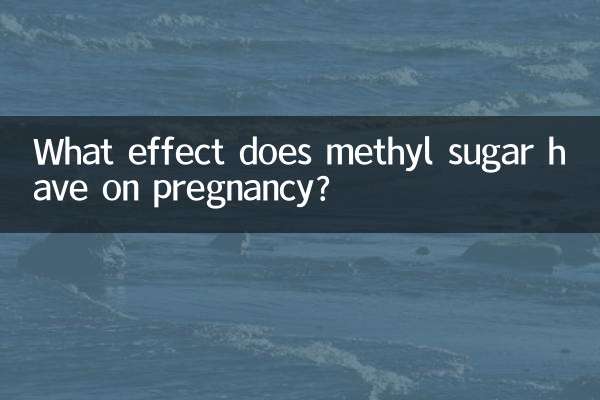What is hepatitis B e antigen negative?
Hepatitis B e-antigen (HBeAg) is a protein marker during the replication process of hepatitis B virus (HBV). Its negative or positive status is of great significance to the disease assessment and treatment selection of hepatitis B patients. This article will combine the hot topics and hot content on the Internet in the past 10 days to analyze in detail the meaning, clinical significance and related data of hepatitis B e-antigen negativity.
1. Definition of hepatitis B e-antigen negative

Negative hepatitis B e antigen usually indicates that the replication activity of hepatitis B virus in the body is weakened or stopped. Here are common combinations of HBV markers and their meaning:
| marker combination | clinical significance |
|---|---|
| HBsAg(+), HBeAg(+), HBcAb(+) | Hepatitis B virus actively replicates and is highly contagious |
| HBsAg(+), HBeAg(-), HBcAb(+) | Hepatitis B virus replication weakens and infectivity decreases |
| HBsAg(-), HBsAb(+), HBcAb(+) | Hepatitis B recovery, immunity |
2. Clinical significance of hepatitis B e-antigen negativity
1.disease state: A negative e-antigen may indicate a low level of viral replication, but it still needs to be judged based on the HBV DNA test results.
2.contagious: E-antigen-negative patients are generally less infectious than e-antigen-positive patients, but there is still a risk of transmission.
3.Treatment options:e antigen status is one of the important indicators in deciding whether to initiate antiviral treatment.
The following are the hot discussion topics on the Internet about hepatitis B e-antigen in the past 10 days:
| hot topics | Discussion popularity |
|---|---|
| Does e-antigen negativity require treatment? | high |
| The significance of e-antigen seroconversion | middle |
| Management of e-antigen-negative chronic hepatitis B | high |
| Infectiousness of e-antigen-negative patients | middle |
3. Precautions for patients with negative hepatitis B e-antigen
1.Regular monitoring: Even if e-antigen is negative, liver function, HBV DNA and liver imaging should be checked regularly.
2.lifestyle: Avoid drinking alcohol, maintain a healthy diet, and have a regular schedule.
3.Prevent the spread: Appropriate precautions should still be taken to avoid transmission through contact with blood and body fluids.
4. Treatment options and latest developments
According to recent clinical research data, treatment options for patients with e-antigen-negative chronic hepatitis B are as follows:
| therapeutic drugs | efficient | Course of treatment |
|---|---|---|
| Entecavir | 85-90% | long |
| tenofovir | 80-85% | long |
| Interferon | 30-40% | 48 weeks |
5. Frequently Asked Questions
1.Can E-antigen negative turn into positive?: The phenomenon of "e antigen reversal" may occur when immunity declines or the virus mutates.
2.Can I stop taking medication if I am negative for e-antigen?: It is necessary to strictly follow the doctor's instructions. Stopping the medicine without authorization may cause the condition to rebound.
3.Can I get pregnant if I am negative for e-antigen?: Yes, but it needs to be done under the guidance of a professional doctor.
Conclusion
Negative hepatitis B e antigen is an important sign in the process of hepatitis B virus infection, but it does not mean complete recovery. Patients should be followed up regularly and undergo necessary examinations and treatments according to the doctor's recommendations. With the advancement of medicine, new breakthroughs are constantly being made in the treatment of hepatitis B. Patients should remain optimistic and actively cooperate with treatment.
(Note: The data statistics in this article are based on the last 10 days. Please refer to the clinician’s recommendations for specific treatment plans.)

check the details

check the details